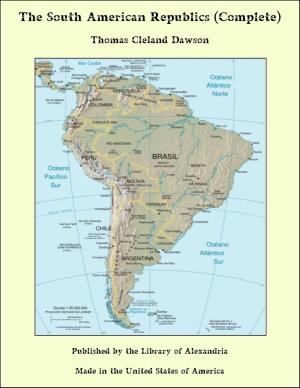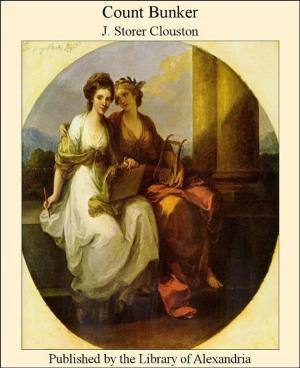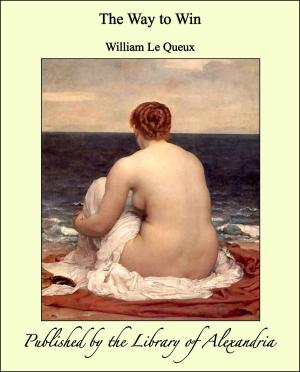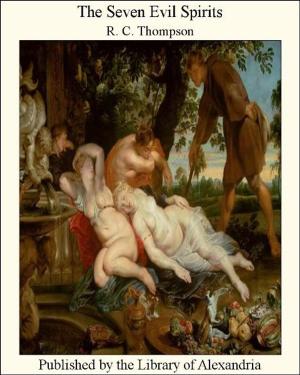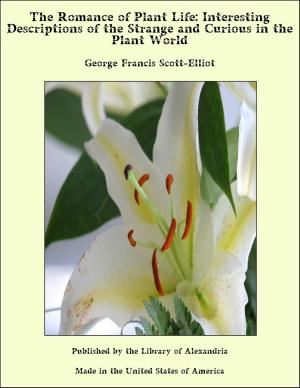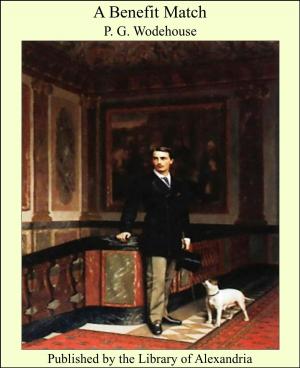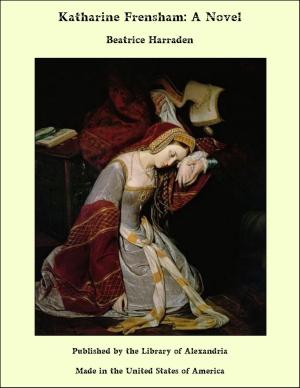Worcestershire in the Nineteenth Century
A Complete Digest of Facts Occuring in the County Since the Commencement of the Year 1800
Nonfiction, Religion & Spirituality, New Age, History, Fiction & Literature| Author: | T.C. Turberville | ISBN: | 9781465588982 |
| Publisher: | Library Of Alexandria | Publication: | July 29, 2009 |
| Imprint: | Language: | English |
| Author: | T.C. Turberville |
| ISBN: | 9781465588982 |
| Publisher: | Library Of Alexandria |
| Publication: | July 29, 2009 |
| Imprint: | |
| Language: | English |
Education is regarded by many as the panacea which is to empty our prisons and render the judge’s office a sinecure; and, without being inclined to attribute to it any such efficacy, it cannot be doubted that it does act as a check to the commission of many of the grosser offences against society. A private individual has not at his command the means necessary to compile complete statistics on a subject like this; it is a matter of congratulation, however, that Government caused inquiries to be made, at the last census, which will by and by put us in possession of much important information on this head. Without pretending to accuracy, I believe it will be found that there are in Worcestershire about 550 private and public day and boarding schools, having accommodation for the instruction of 20,000 scholars. It is not, indeed, want of accommodation that is now so much to be complained of—for few of the school-rooms are filled—as inferiority in the quality of the instruction imparted. Earnest efforts are, however, being made by all educational societies and the supporters of public schools to remedy the admitted deficiency. Nearly all the schools now existing in the county, with the exception of the Grammar and Free Schools of which there are some seventy-six, have been founded during the present century, and owe their existence, and in greatest part their continuance, to the voluntary benevolence of persons residing on the spot. Within the last three or four years, public attention has been much directed to the lax administration of the funds of the various charity schools in the county, and should the gentlemen who have taken the matter so zealously in hand be successful in bringing about the reforms which these institutions so imperatively need, the poor of many future generations will have reason to thank them for their labours. I must not omit to notice here the means which have been taken in the latter part of this half-century to induce a love and pursuit of knowledge amongst the working classes, by the establishment of Mechanics’ Institutions, one of which is now to be found in almost every town in the county. The elder born of these societies are, unfortunately, already passing to decay, and, as at present conducted, they do not seem to possess any inherent vitality. They have undoubtedly been useful in displaying the more attractive results of study and science—the flowers by the wayside, which may tempt triflers to venture a short distance on Learning’s easier paths—but they offer little or no assistance to those who would resolutely dare its difficult ascents. The efforts of the friends of education should be directed to making these institutions what their projector, Lord Brougham, intended they should be—People’s Colleges.
Education is regarded by many as the panacea which is to empty our prisons and render the judge’s office a sinecure; and, without being inclined to attribute to it any such efficacy, it cannot be doubted that it does act as a check to the commission of many of the grosser offences against society. A private individual has not at his command the means necessary to compile complete statistics on a subject like this; it is a matter of congratulation, however, that Government caused inquiries to be made, at the last census, which will by and by put us in possession of much important information on this head. Without pretending to accuracy, I believe it will be found that there are in Worcestershire about 550 private and public day and boarding schools, having accommodation for the instruction of 20,000 scholars. It is not, indeed, want of accommodation that is now so much to be complained of—for few of the school-rooms are filled—as inferiority in the quality of the instruction imparted. Earnest efforts are, however, being made by all educational societies and the supporters of public schools to remedy the admitted deficiency. Nearly all the schools now existing in the county, with the exception of the Grammar and Free Schools of which there are some seventy-six, have been founded during the present century, and owe their existence, and in greatest part their continuance, to the voluntary benevolence of persons residing on the spot. Within the last three or four years, public attention has been much directed to the lax administration of the funds of the various charity schools in the county, and should the gentlemen who have taken the matter so zealously in hand be successful in bringing about the reforms which these institutions so imperatively need, the poor of many future generations will have reason to thank them for their labours. I must not omit to notice here the means which have been taken in the latter part of this half-century to induce a love and pursuit of knowledge amongst the working classes, by the establishment of Mechanics’ Institutions, one of which is now to be found in almost every town in the county. The elder born of these societies are, unfortunately, already passing to decay, and, as at present conducted, they do not seem to possess any inherent vitality. They have undoubtedly been useful in displaying the more attractive results of study and science—the flowers by the wayside, which may tempt triflers to venture a short distance on Learning’s easier paths—but they offer little or no assistance to those who would resolutely dare its difficult ascents. The efforts of the friends of education should be directed to making these institutions what their projector, Lord Brougham, intended they should be—People’s Colleges.

